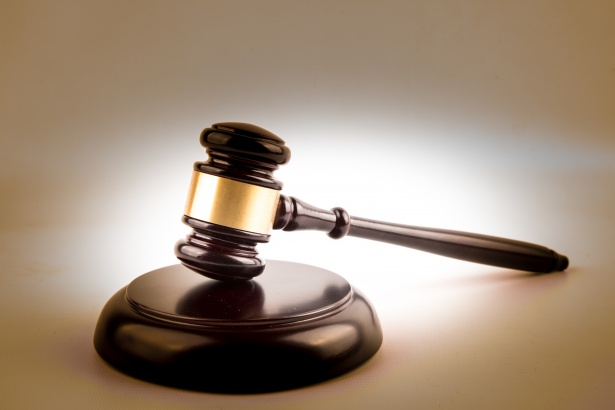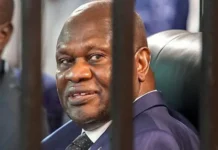A Hong Kong court has struck down parts of a decades-old law that criminalized people for entering public toilets designated for the opposite sex, marking a major legal victory for the city’s transgender community.
The case was brought by a transgender man, known publicly as “K,” who was undergoing hormone therapy and advised by his doctors to use men’s public restrooms as part of his treatment for gender dysphoria. However, because K’s Hong Kong identity card still listed his sex as female, he faced the risk of being fined up to HK$2,000 (approximately $255) under the city’s public toilet regulations.
In a written ruling on Wednesday, High Court Judge Russell Coleman declared two provisions of the law unconstitutional, citing violations of K’s rights to privacy, equality, and freedom from discrimination. The government has been given one year to amend the legislation accordingly.
“This case is not about the constitutionality of sex-segregated toilets,” Coleman noted. “But many trans people choose not to use public conveniences at all, due to fear, the threat of harassment, and to avoid having their gender identity invalidated or undermined.”
The ruling follows a series of court victories for transgender rights in Hong Kong over the past decade. In a pivotal 2023 decision, the city’s top court ruled it unconstitutional for the government to require full gender-affirming surgery before allowing individuals to update the sex entry on their ID cards, a case that set a significant precedent for K’s challenge.
K, who filed the lawsuit while undergoing gender-affirming treatment but before completing surgery, argued that being penalized for using a restroom that aligned with his affirmed gender violated his medical needs and human rights. Judge Coleman acknowledged that “real-life experience,” including the use of appropriate public facilities, was an essential part of his medical treatment.
The ruling has been welcomed by human rights advocates and LGBTQ+ activists as a step toward greater legal recognition and protection for transgender individuals in Hong Kong, whose legal system remains distinct from mainland China’s under the “One Country, Two Systems” framework.
Written By Rodney Mbua


















